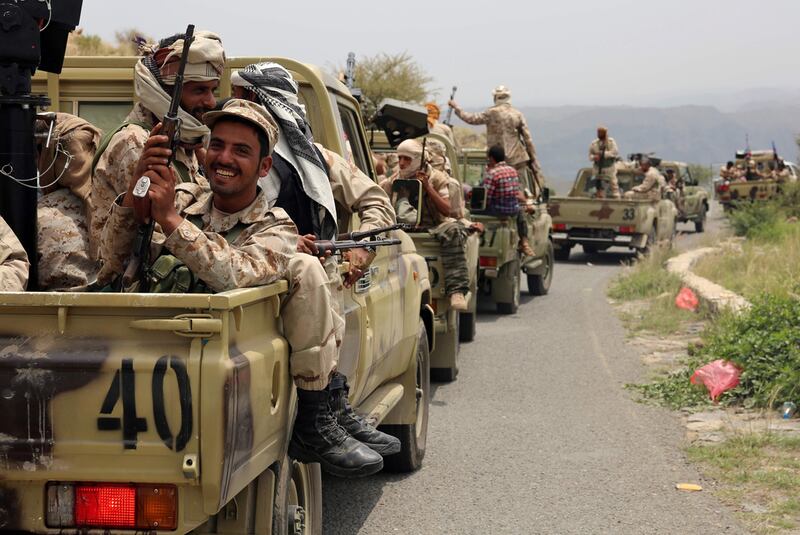The Sultanate of Oman has joined the Saudi-led Islamic Military Coalition to Fight Terrorism, becoming the 41st member of the coalition that was unveiled by Riyadh in December 2015.
The decision was conveyed to the Saudi defence minister, deputy crown prince Mohammed bin Salman, in a message from his Omani counterpart, Badr bin Saud Al Busaidi.
Writing in the London-based pan-Arab daily paper Asharq Al Awsat, the columnist Hanna Saleh noted the timing and significance of Oman's decision to join the coalition.
He said that the decision marks Oman’s strong return to the GCC consensus, and completes a series of military and security collaborations among GCC countries to close ranks against terrorism and Iran’s attempts at domination.
“It was issued at the end of a pivotal year for the region, a year full of negativity. One need only look at the developments, from Syria to Iraq passing through Yemen, to question the dimensions of the crimes targeting the region,” Saleh noted. “Upon its formation, the Islamic military coalition included 40 countries. It comprised a key strategic dimension whereby its members – with Saudi Arabia at the forefront – would stand up to terrorism and prevent any political or military void in the region.
“By joining the coalition, Oman has taken an important step in mobilising the energy of the GCC countries together in the battle against terrorism,” the writer opined.
Saleh noted that the decision came three weeks before Donald Trump’s oath of office, knowing that the United States president-elect had tweeted time and again that the fight against terrorism is at the top of his priorities.
“Perhaps the incoming president would consider the coalition a tried and tested solid nucleus that is serious in its battle against all forms of terrorism towards restoring security and stability,” he concluded.
Also in Asharq Al Awsat, Egyptian columnist Emile Ameen wondered how such an important decision can be interpreted at a time when the entire world is facing unprecedented waves of terrorism.
“It can be asserted that the decision is driven by the Sultanate’s keenness for the unity of the GCC – both in words and in action – as well as its vision for a united path that brings together GCC peoples,” he said.
The writer noted that Oman has always been known for its peaceful approach in the turbulent region and it had barely been affected by terrorism.
But, he continued, the coalition’s comprehensive perspective has prevailed, leading to the pursuit of a “prevention rather than cure” approach.
According to Ameen, the philosophy of an Islamic coalition to fight terrorism is a telling indicator of the Islamic world’s awareness of ISIL, which has wreaked havoc in the region and the entire world. But it also shows that Muslim countries are working on eliminating the phenomenon of terrorism both regionally and globally in coordination with international organisations and great powers.
“One can see in the Sultanate’s decision an early realisation of the imminent changes in the region and of the anticipated regional and international alliances in light of new arrangements driven by recent events, mainly the incoming US administration."
He noted that Oman had opted early on for the unity of the Gulf region and for the mobilisation of Muslim efforts against terrorism, “based on decisive religious and rational convictions”.
The writer said that the need to activate the Islamic military role in confronting terrorism has become dire today, especially in light of the wave of Islamophobia that has hit the world.
He saw the decision of Oman to join the coalition as a global reminder of the importance of the war against terrorism that has become legitimate and even obligatory towards achieving world peace.
“However, this war should imperatively be coupled with discernment and pondering over the real causes and interests underlying terrorism,” he concluded.
* Translated by Jennifer Attieh
translation@thenational.ae





